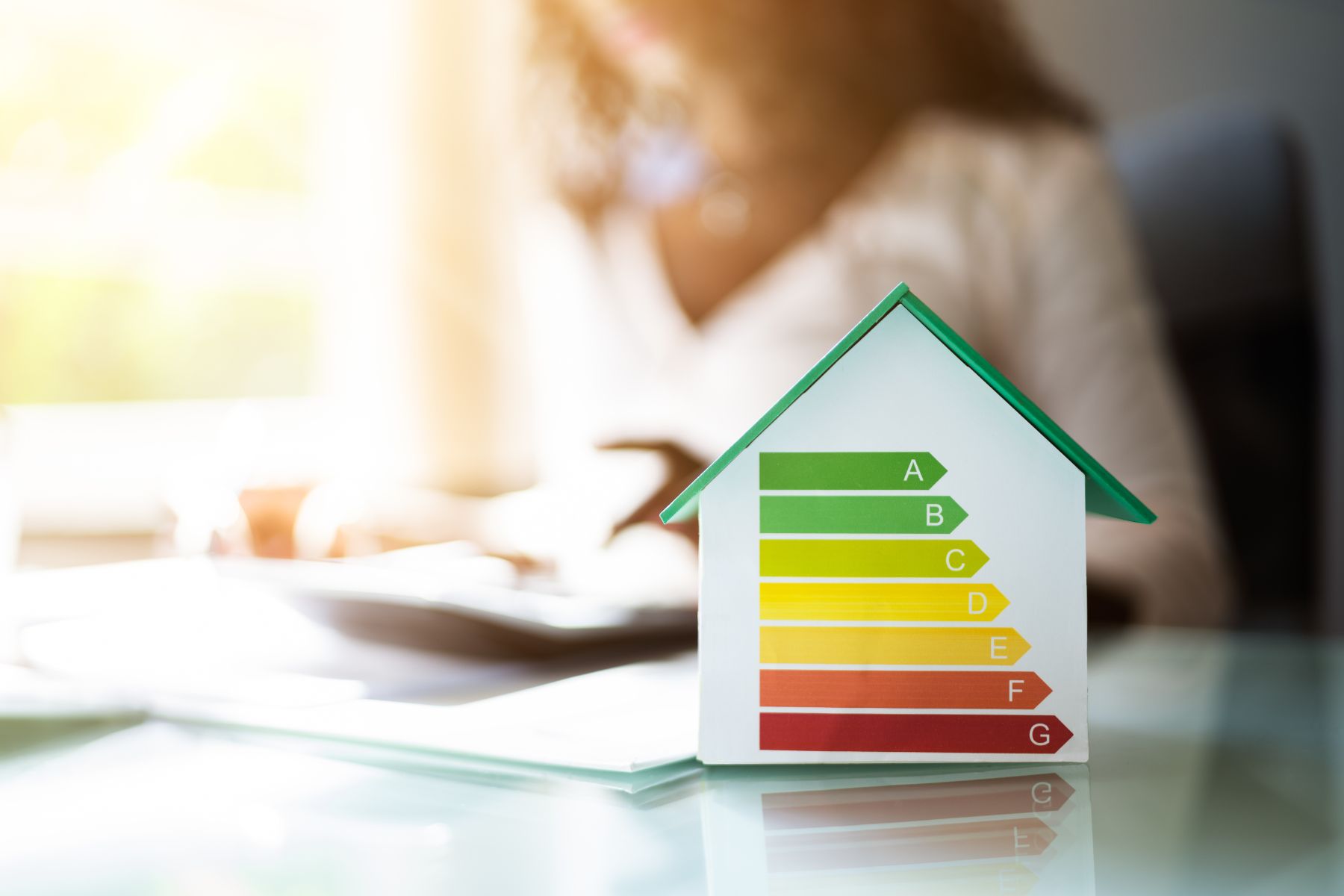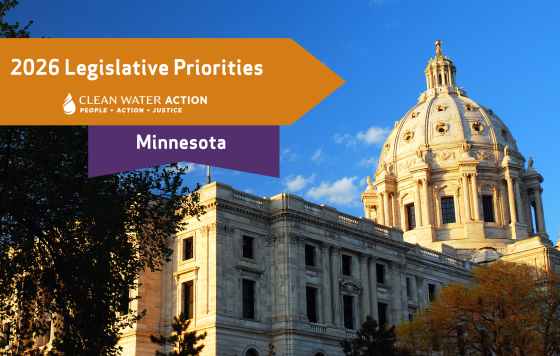
In 2023, the Intergovernmental Panel on Climate Change (IPCC), released their 6th synthesis report on climate change. The Panel concluded that human activities, principally through emissions of greenhouse gases, have caused global warming. Global greenhouse gas emissions have continued to increase due unsustainable energy use, land use and land-use change, lifestyles and patterns of consumption and production across regions. Worldwide, we are far behind reaching our net-zero emissions goal.
The IPCC states that accelerated implementation of adaptation actions in this decade would reduce projected losses and damages for humans and ecosystems. Not only would it slow climate change, but deliver many co-benefits, especially for air quality and health. Delayed mitigation and adaptation action would promote high-emissions infrastructure, and increase losses and damages to the health of humans and ecosystems. Therefore, the Panel said it is essential that governments, organizations, and individuals need to act swiftly and proactively to combat our failing attempt to reduce greenhouse gases.
A large factor of greenhouse gas emissions, according to the IPCC, is our lifestyle and patterns of consumption and production. Particularly in Connecticut, our housing stock is relatively old. This means that on top of lifestyle of high energy consumption, many houses in CT use a lot of energy for heating and cooling as the homes are often not well insulated. For this reason the Governor’s Council on Climate Change (GC3), issued by governor Malloy, calls for reducing greenhouse gas (GHG) emissions from heating residential and commercial buildings by 34 percent from 2014 to 2030. This is to be done by accelerating efforts to improve building efficiency and increasing deployment of renewable technologies.
The GC3 aims to expand consumer education on zero- and low-carbon technologies, transition buildings to renewable thermal technologies, and improve the technical training of heating, ventilation, and air conditioning personnel. This action in energy efficiency will be essential in reducing fossil fuel consumption and GHG emissions.
Transforming CT’s infrastructure in a more energy efficient way can start with ensuring our buildings are appropriately weatherized (properly insulated and sealed). On our current path, CT will not meet our goal of 80% weatherization of homes by 2030. This is why it is imperative for our community to ramp up energy efficiency methods as IPCC and GC3 suggests. Doing so has the co-benefits of saving residents money and making homes and commercial buildings more comfortable.
At Clean Water Action, were advocating for ways to ramp up energy efficiency, not only to make climate goals but to help residents. We’re working to support legislative policies that provide more funding for energy efficiency programs and leading campaigns like our Waterbury Home Energy Action Campaign, to help vulnerable communities access energy efficiency services. These services, which are often free, help tenants and landlords to reduce energy use, save money, and make homes more comfortable. Increasing the number of energy efficient homes can increase property values 2-6%, improve CT’s old housing infrastructure and aid in economic improvement in these vulnerable communities.
Participating in improving energy efficiency benefits not only the individual, but ultimately climate change around the world. Learn more.


